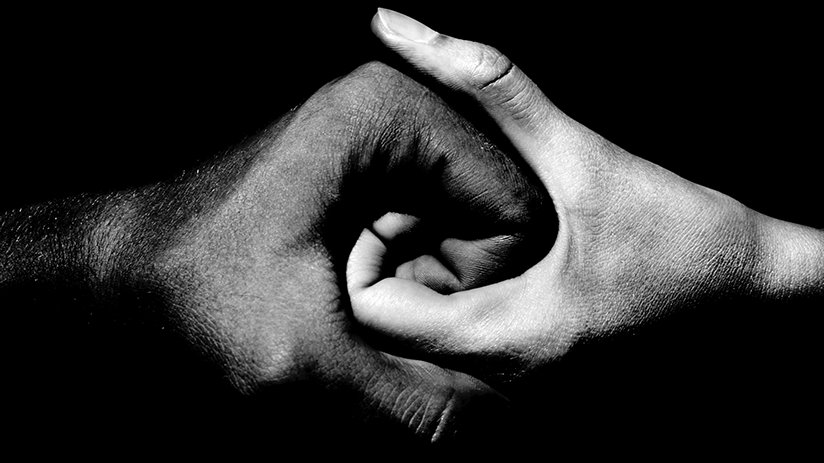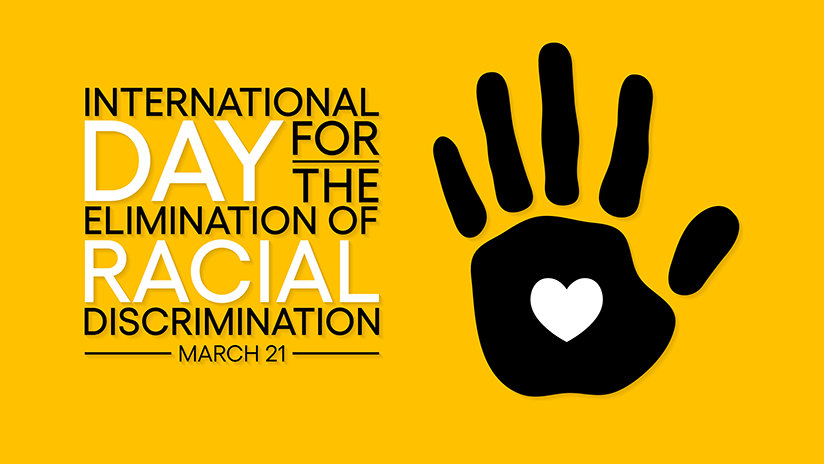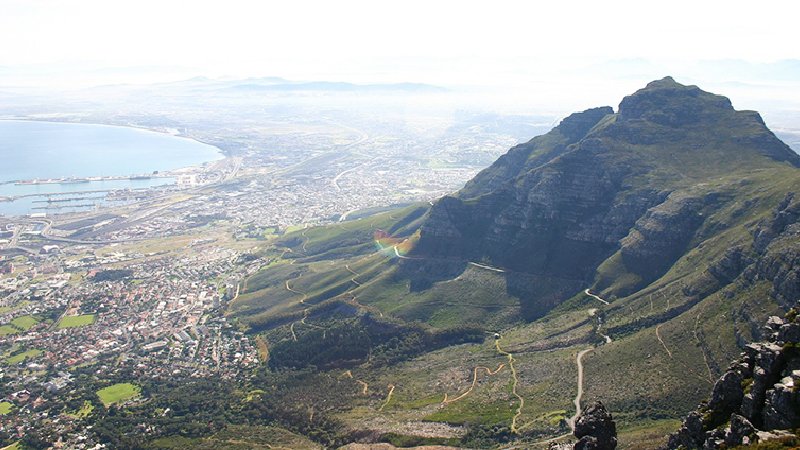
-
HOME
-
WHAT IS STANDOur Mission Our Values Our Help Contact
-
WHAT WE FIGHT FORReligious Freedom Religious Literacy Equality & Human Rights Inclusion & Respect Free Speech Responsible Journalism Corporate Accountability
-
RESOURCESExpert Studies Landmark Decisions White Papers FAQs David Miscavige Religious Freedom Resource Center Freedom of Religion & Human Rights Topic Index Priest-Penitent Privilege Islamophobia
-
HATE MONITORBiased Media Propagandists Hatemongers False Experts Hate Monitor Blog
-
NEWSROOMNews Media Watch Videos Blog
-
TAKE ACTIONCombat Hate & Discrimination Champion Freedom of Religion Demand Accountability
Remembering Desmond Tutu: Overcoming Intolerance Through Faith
“We were made to enjoy music, to enjoy beautiful sunsets, to enjoy looking at the billows of the sea, and to be thrilled with a rose that is bedecked with dew… Human beings are actually created for the transcendent, for the sublime, for the beautiful, for the truthful... and all of us are given the task of trying to make this world a little more hospitable to these beautiful things.”
— Archbishop Desmond Tutu
The usual images of South Africa’s Most Reverend Desmond Tutu—theologian, bishop, writer, activist, Nobel Peace Prize recipient, joyous drinker from the deep well of Life—show him shouting with arms stretched, exhorting, cajoling, coaxing, laughing, or simply smiling, talking and listening with a silent murmur of joy.
Tutu, who passed away this week, was an exuberant warrior who fought against apartheid in his native South Africa and for justice and human rights around the world. Courageous in the extreme, using only his voice (and his fists) he once broke up a mob that was about to set fire to a man suspected of treason to the anti-apartheid cause.

In 1986, already an internationally recognized figure, two years after receiving the Nobel Prize, the Archbishop of South Africa was, nevertheless, the one out of 400 passengers who was detained and subjected to a body search before boarding a flight from Johannesburg. It was an overt reminder by those who stopped him that apartheid was still the rule. (It would be another four years before Nelson Mandela’s release from prison and South Africa’s accompanying metamorphosis to democracy would occur.)
Possibly the metal cross on his chest triggered an alarm. “Did they think it was a weapon?” he mused.
If so, they were right. Desmond Tutu’s faith was his weapon—his superpower. It got him and his countrymen through the dark days of apartheid, that cruel system of institutionalized segregation that pervaded South Africa’s economic, social and political infrastructures until the 1990s when Tutu and Mandela helped put an end to it.
Tutu was an exuberant warrior who fought against apartheid in his native South Africa and for justice and human rights around the world.
Raised in poverty, Tutu financed his way through school selling oranges and caddying for white golfers. Later, serving at the Church of Christ the King at Sophiatown—once a thriving Black community on the outskirts of Johannesburg, but later literally flattened and wiped off the map over a period of eight years of forced apartheid—he would come under the influence of its white priest, Trevor Huddleston. Huddleston, a vocal opponent of apartheid, did the astonishing and unheard-of gesture of doffing his hat to Tutu’s mother on first meeting her. He came to be, according to Tutu’s biographer, possibly the greatest influence on the future Archbishop’s life.
Tutu rose to prominence himself in the 1970s, his voice and his actions accelerating the momentum away from apartheid. Hated by pro-apartheid whites, accused of being too radical by conservatives and too moderate by radicals, he nevertheless stitched together the disparate elements of South Africa’s Black majority into a force that ultimately overthrew apartheid.
To smooth the transition from autocracy to democracy and from intolerance and exclusion to tolerance and inclusion, the Mandela government formed the Truth and Reconciliation Commission (TRC), a body empowered not only to hear and render judgment on the past human rights abuses of apartheid but also to offer amnesty to those perpetrators expressing remorse as well as reparations to their victims. The focus on reconciliation and restorative justice over punishment stood in stark contrast to earlier such bodies like the post-World War II Nuremberg Trials. Tutu chaired the TRC, which successful model would later become the template for similar commissions in other countries.
Internationally recognized and honored many times over for his work in human rights and nonviolent activism, Tutu’s wish as to how he would be remembered was simple and in character for this diminutive titan: “He loved. He laughed. He cried. He was forgiven. He forgave.”
The South African never says “death” or “died” to signify one’s passing. The word used is “transitioned.” Archbishop Desmond Tutu may have indeed transitioned, but not before helping to orchestrate a great transition of his people from apartheid to freedom, by use of his own exuberance, persistence, and the joy of faith.









